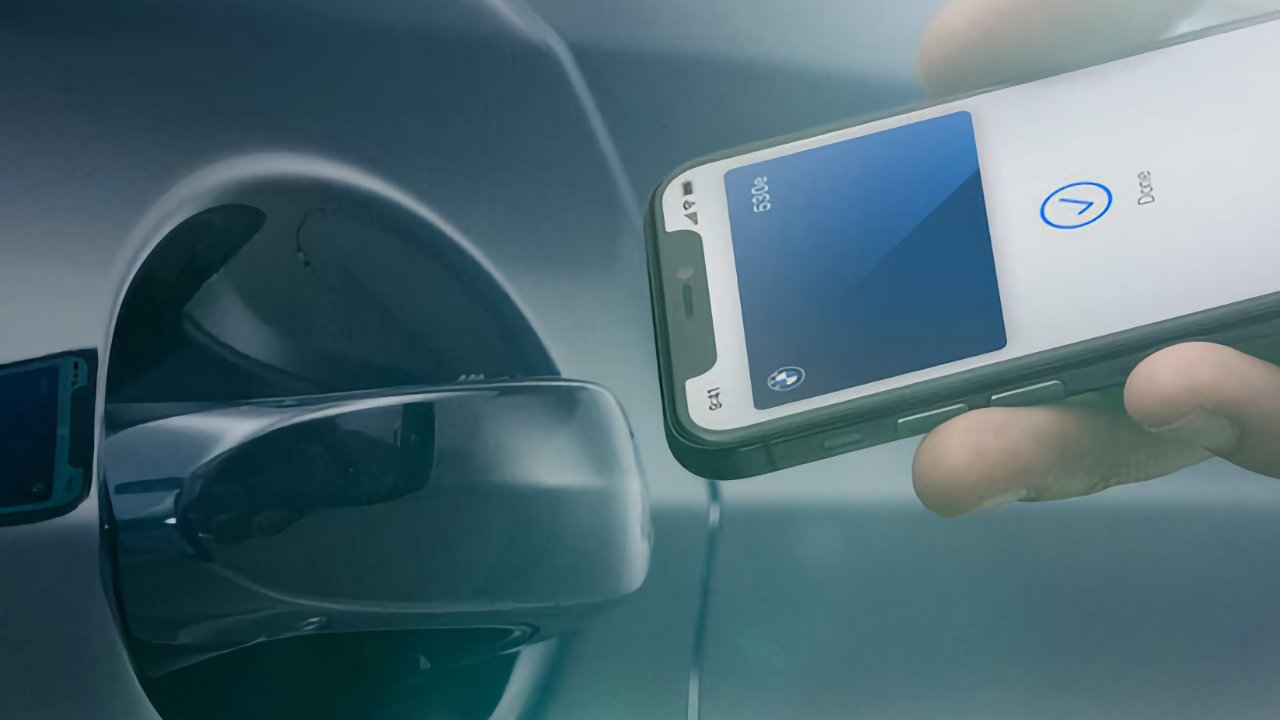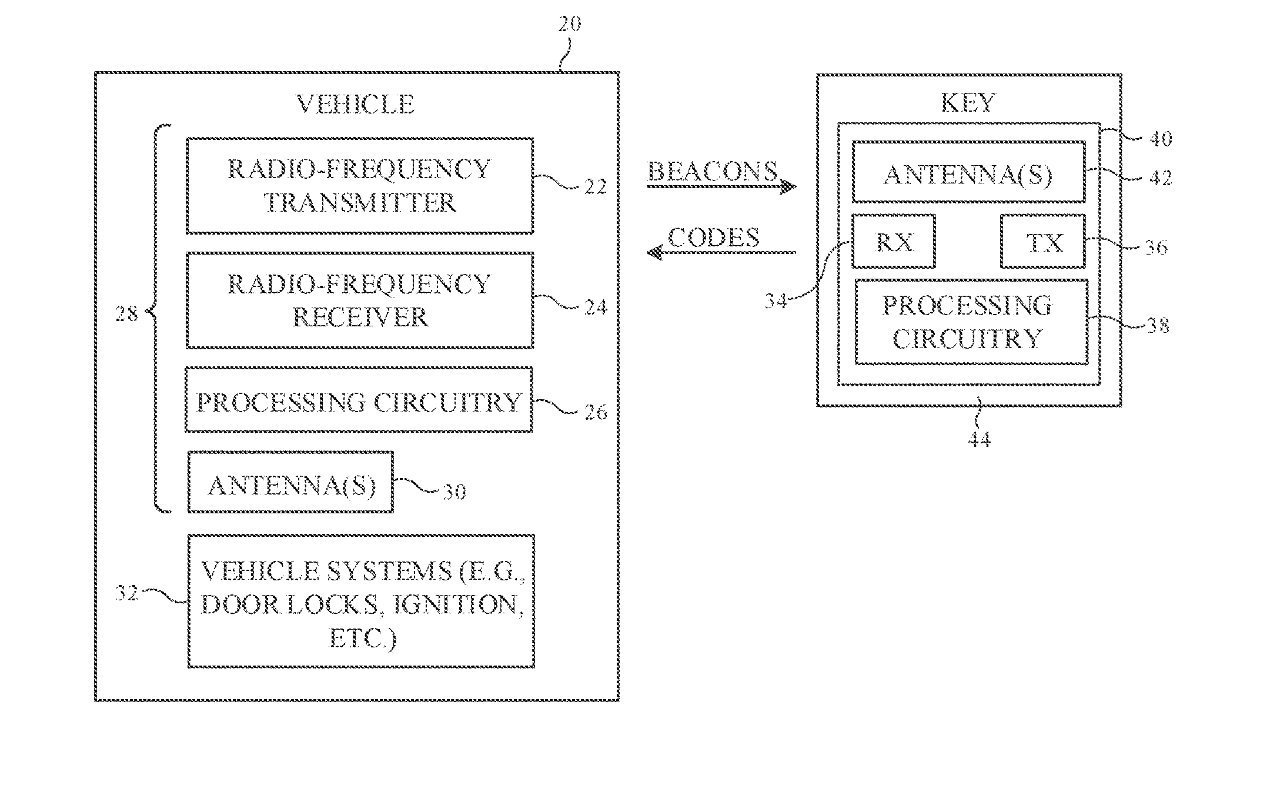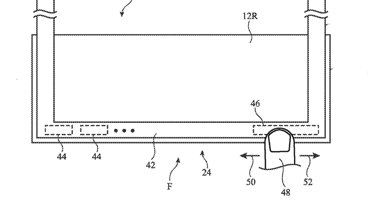Future versions of Apple's CarKey could detect when it's being used near wireless chargers, and alter how it works to avoid interference.
Back when we all had physical door locks on our cars, the only possible interference was if someone tried to snatch your keys. Now we can remotely unlock our CarKey-enabled BMWs — some of us, anyway — and we're doing it in world where we are surrounded by wireless signals.
"Wireless Charging Interference Mitigation" is a newly-revealed patent that shows Apple wants avoid CarKey owners ever finding they can't unlock their cars.
"Remote keyless systems allow users with electronic keys operating at wireless communications frequencies to wirelessly control vehicle door locks and vehicle ignition functions," explains Apple.
"[However, challenges] may arise when using remote keyless systems in the presence of other wireless equipment," continues the patent application. "If care is not taken, for example, a wireless power system that is operated in the vicinity of a remote keyless system may degrade remote keyless system performance."
This isn't particularly about blocking any deliberate, nefarious interference. It's about Apple being aware that CarKey, or similar products, are now used where so many other electronic devices are, too.
"An electronic device such as a portable electronic device has wireless power receiving circuitry," says Apple. "During wireless power transfer operations, wireless power signals are transmitted from wireless power transmitter circuitry to the wireless power receiving circuitry to charge a battery in the electronic device."
"During wireless power transfer operations, there is a risk that wireless power signals from the wireless power transmitter circuitry could interfere with the reception of the vehicle keyless system beacons by the key," continues the patent application.
Apple's proposed solution is to first detect the "risk of interference," and then take steps to avoid it. The idea is that at best, a user need never even know there was a potential problem, and at worst they will be prompted to adjust settings.
This issue of "interference risk detection" is an involved one. It requires detection of "vehicle remote keyless system beacons," plus the key's codes transmitted in response to those beacons. There's also an issue of where the car is, whether it's moving, and more.
Unsurprisingly, then, the corresponding "interference mitigation operations" that "are used to ensure that the vehicle remote keyless system can be used," are also involved.
"Interference mitigation operations include prompting a user to disable wireless power transfer operations or automatically inhibiting wireless power transfer operations," says Apple, "adjusting the waveform of transmitted wireless power signals, adjusting the frequency of transmitted wireless power signals... and other operations."
These steps will "allow the key to receive transmitted beacons and that may allow wireless power operations to take place simultaneously," says the patent application.
This is the crux of the 11,000-word patent application, with most of it specifying circumstances in which different solutions are required. There are more examples than specifics, as Apple presumably wants to make this patent application cover as broad a range of possible car key systems as it can.
The patent application is credited to four inventors, including Adam L. Schwartz. His prior work includes a patent for a wireless CDMA beacon that uses multiple frequencies.
This patent is by Apple, but the company is also a charter member of the Car Connectivity Consortium. That's working to create an interoperable digital key standard.
Stay on top of all Apple news right from your HomePod. Say, "Hey, Siri, play AppleInsider," and you'll get latest AppleInsider Podcast. Or ask your HomePod mini for "AppleInsider Daily" instead and you'll hear a fast update direct from our news team. And, if you're interested in Apple-centric home automation, say "Hey, Siri, play HomeKit Insider," and you'll be listening to our newest specialized podcast in moments.
 William Gallagher
William Gallagher





-xl-m.jpg)



 Thomas Sibilly
Thomas Sibilly
 Wesley Hilliard
Wesley Hilliard
 Christine McKee
Christine McKee
 Amber Neely
Amber Neely

 Malcolm Owen
Malcolm Owen

 Mike Wuerthele
Mike Wuerthele








There are no Comments Here, Yet
Be "First!" to Reply on Our Forums ->